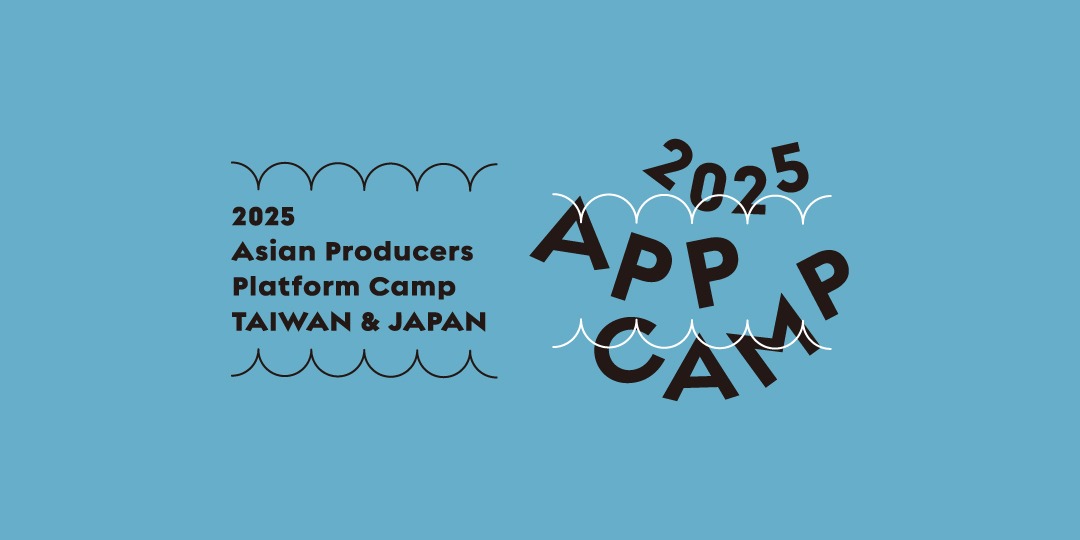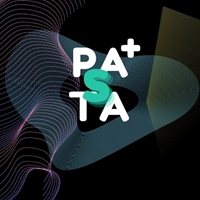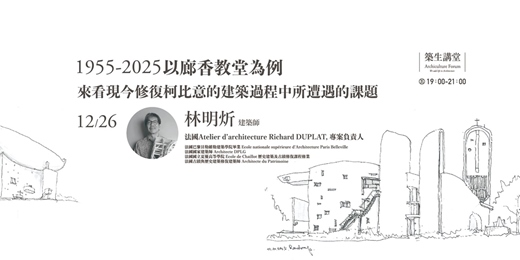「亞洲製作人平台」(Asian Producers’ Platform,簡稱 APP)是一個去中心化的網絡組織,旨在建立亞洲區域間的製作人連結,促進技能、文化實踐與藝術創作的分享與交流。2025 年,「亞洲製作人平台工作營」將睽違十年重回台灣高雄與日本沖繩舉辦,延續過去跨國製作與學習的精神,進一步深化東亞與東南亞之間的合作與理解。
在台灣的活動部分,APP 將與高雄衛武營國家藝術文化中心合作舉行分享會,邀請各地藝術製作人、策劃者與藝術工作者共同參與,交流實踐經驗與當代藝術生態的觀察。
誠摯邀請大家一同參與今年的 APP 交流活動,與我們一起重新連結亞洲藝術網絡的脈動。
📍主題1:亞洲製作人網路連結分享 Producing Connections
時間:11:15-13:15
預計將邀請來自APP Camp的各國製作人,分享該國家及區域中現存並活躍的平台組織,如何影響國內藝術生態與連結國際之間的關係,除了將邀請APP Camp的參與成員之外,亦邀請台灣⻑期關注區域連結的組織,包含PANDA表演藝術網絡發展協會(Performing Arts Network Development Association)、Hong Kong Producers Network、Philippine Producers Network、Producers of Thai Performing Arts Network (POTPAN)、Seoul Fringe Network、Producers SG進行分享。
Asian Producers' Platform is one of many producer networks and communities of practice in the region. This forum brings together representatives from a diverse range of producer networks, groups, and organisations that support, connect, and advocate for producers and arts managers in their own contexts and ways.
Speakers will share about their respective networks / groups and how they are involved in these groups, followed by a discussion reflecting on the types of connections that we need to produce to keep going, and the different ways we produce connections between and amongst ourselves.
預計參與分享團體如下:
- PANDA表演藝術網絡發展協會
PANDA表演藝術網絡發展協會(Performing Arts Network Development Association)是一個由民間自發性的非營利組織運作,主要由專業表演藝術經理人所組成的共享共好平台。PANDA期許透過眾人的力量與資源迅速提昇整體藝術行政的體質,進而協助提升國內藝文環境,與國際藝文生態市場接軌。
本會於2007年成立,2013年重新改組。整合民間創意與活力,擴大並整合多樣化的文化資源,為表演藝術產業形塑一個多元而健全的環境,並建構一個公開而廣泛的藝術網絡。
The Performing Arts Network Development Association (PANDA) is a non-profit organization founded and run by professionals from Taiwan’s performing arts community. It serves as a collaborative platform where arts managers and administrators share resources, ideas, and support to grow together.
PANDA’s mission is to strengthen the field of arts administration, improve the local arts environment, and connect Taiwan’s performing arts scene with the international community.
The platform established in 2007 and restructured in 2013, PANDA brings together creativity and energy from the private sector to link diverse cultural resources, foster a healthy and dynamic performing arts industry, and build an open, inclusive network for artistic exchange.
- Hong Kong Producers Network
- Philippine Producers Network
- Producers of Thai Performing Arts Network (POTPAN)
- Seoul Fringe Network
- Producers SG
📍主題2:脫離首都圈的文化發展 Cultural Power Emerging from the Local: Not the Periphery, but the Starting Point
時間:15:15-17:30
「從地方長出來的文化力量:不是邊陲,而是起點」
希望串連各國表演藝術工作者,分享非首都區的國際連結如何進行,呼應本次營隊聚焦於南台灣進行的目的。透過與APP成員的對話,討論彼此間共同經驗,並提出對表演藝術生態在未來的發展想像與可能。
This forum aims to connect performing arts practitioners from different countries to share how international networks can be built beyond capital cities—echoing the purpose of this year’s camp, which focuses on Southern Taiwan. Through conversations with APP members, we will explore shared experiences and envision future possibilities for the development of the performing arts ecosystem.
講者:
主持人|陳志維 CHEN Chih-Wei (現為南表協理事,任職於國立中山大學永續發展辦公室)
南風劇團|陳姿仰 CHEN Tzu-Yang
藝術家|李怡志 LEE I-Chih
本次論壇邀請社團法人南台灣表演藝術發展協會(南表協)理事陳姿仰,分享民間團體如何以文化建設的方式打造創作基地的過程,以及在跨域合作與地方生存之間,劇場工作者如何走出屬於自己的藝術培力與國際駐村之路。
旗津基地主理人之一李怡志,將從地方觀點出發,談談身為社會參與式藝術家,如何與地方共生共創——從文化創作延伸至文化服務,從河岸走向港灣,文化與地方的關係如何透過記憶、生活智慧與人際連結逐步堆疊而成。
Speakers:
Moderator|CHEN Chih-Wei
(Board Member of PASTA; Office of Sustainable Development, National Sun Yat-sen University)
South spring Theatre|CHEN Tzu-Yang
Artist|LEE I-Chih
This forum invites CHEN Tzu-Yang, board member of Performing Arts of Southern Taiwan Association (PASTA), to share how independent organizations build creative bases through cultural development, and how theatre practitioners navigate transdisciplinary collaboration and local survival to forge their own artistic training pathways and international residency journeys.
LEE I-Chih, one of the directors of the Cijin Base, will speak from a local perspective as a socially engaged artist. He will discuss how artistic creation coexists and co-creates with the community—how cultural work extends into cultural service, and how the relationship between culture and place is gradually built through memory, everyday wisdom, and interpersonal connections, from the riverside to the harbor.




